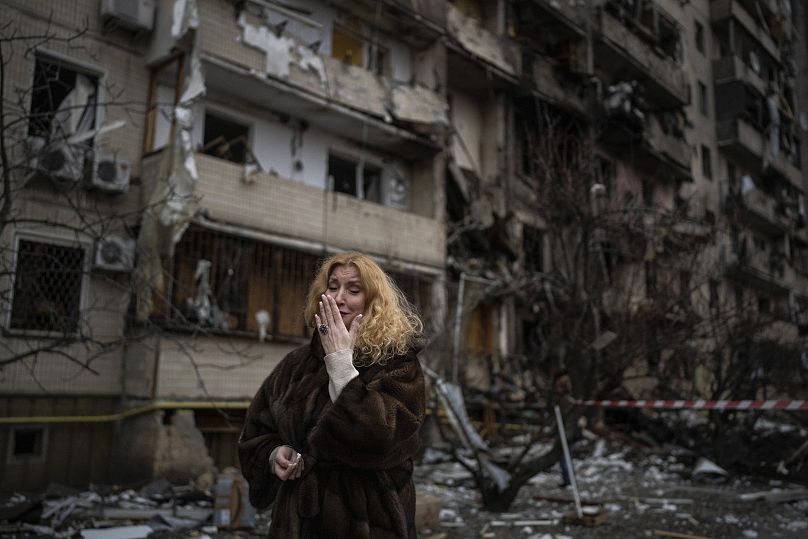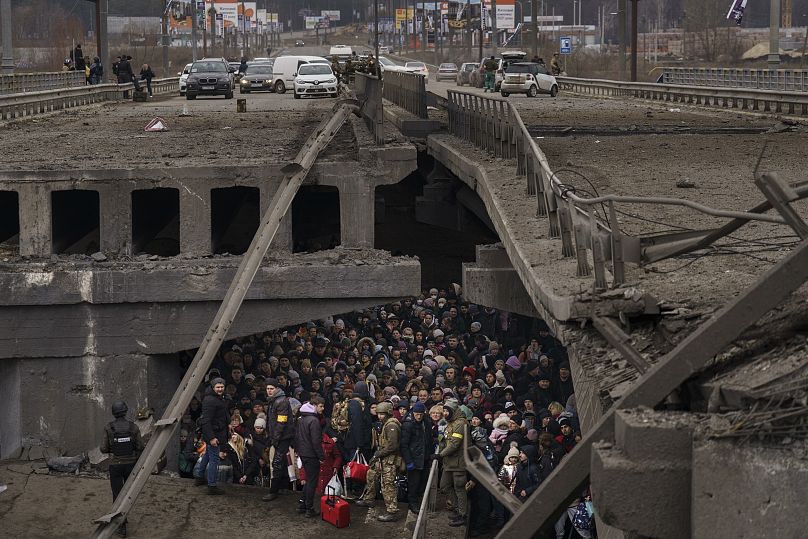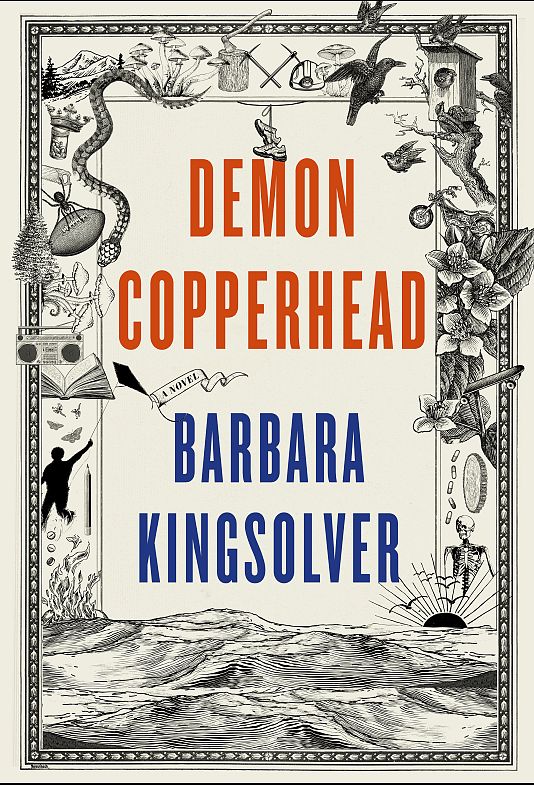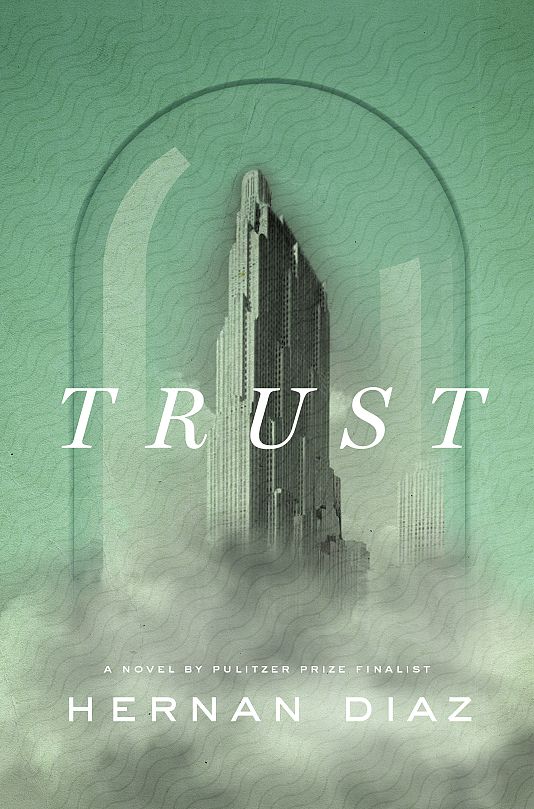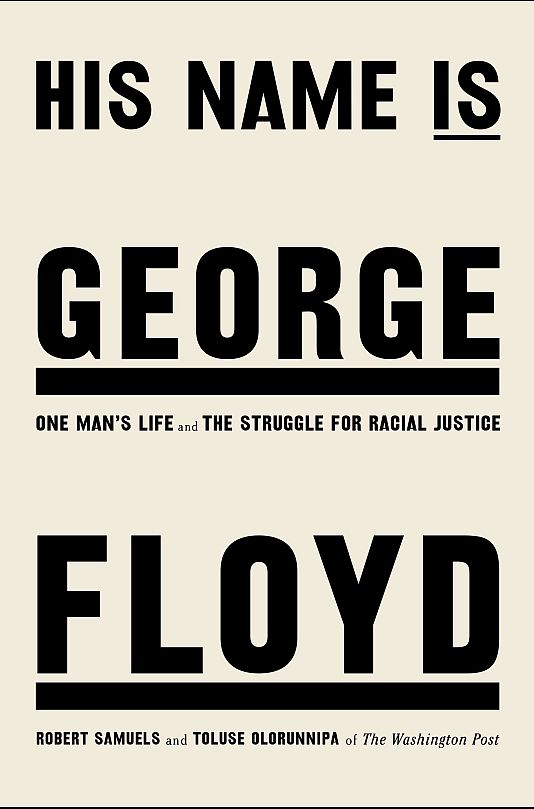Since 1917, the Pulitzer Prizes honour the best in journalism and the arts.
The 2022 Pulitzer Prize winners have been announced.
Here is a breakdown of the laureates, in 15 categories in journalism and eight in the arts – focusing on books, theatre and music.
JOURNALISM
PUBLIC SERVICE: Mstyslav Chernov, Lori Hinnant, Evgeniy Maloletka, Vasilisa Stepanenko, The Associated Press
A quartet of AP reporters won for what the Pulitzers described as “courageous reporting” from the besieged city of Mariupol about the slaughter of civilians in Russia’s invasion of Ukraine.
AP’s Mariupol team was made up of videojournalist Mstyslav Chernov, photographer Evgeniy Maloletka and video producer Vasilisa Stepanenko on the ground in the besieged city, and reporter Lori Hinnant in Paris.
The public service winner receives a gold medal. All other winners receive $15,000.
BREAKING NEWS REPORTING: The Los Angeles Times
The staff of the Los Angeles Times published a secretly recorded conversation among LA city officials that included racist comments, and then followed up with in-depth coverage of the aftermath.
INVESTIGATIVE REPORTING: The Wall Street Journal
The Wall Street Journal’s “Capital Assets” series analysed the investments of about 12,000 federal officials and their families between 2016 and 2021. The Journal collected and analysed data on about 850,000 financial assets and more than 315,000 transactions.
EXPLANATORY REPORTING: Caitlin Dickerson, The Atlantic
The Atlantic’s Caitlin Dickerson conducted more than 150 interviews as part of an 18-month investigation into former President Donald Trump’s “zero tolerance” policy of child separation at the border.
LOCAL REPORTING: John Archibald, Ashley Remkus, Ramsey Archibald and Challen Stephens, AL.com; Anna Wolfe, Mississippi Today
There were two winners in this category. The AL.com, Birmingham, reporters won for a series of stories exposing how the police force in the town of Brookside preyed on residents to inflate revenue. The reporting freed people from jail, the outlet says, and resulted in resignations and new laws.
Mississippi Today reporter Anna Wolfe’s “The Backchannel” series detailed how state officials misspent millions in welfare money that was supposed to help some of the poorest people in the United States. In one case, Wolfe wrote about how former Gov. Phil Bryant and NFL legend Brett Favre worked together to channel at least $5 million of the state’s welfare funds to build a new volleyball stadium at University of Southern Mississippi, where Favre’s daughter played the sport.
NATIONAL REPORTING: Caroline Kitchener, The Washington Post
Caroline Kitchener of The Washington Post wrote about the consequences of life after the Supreme Court ruling that overturned Roe v. Wade, including stories about women trying to navigate the aftermath.
INTERNATIONAL REPORTING: The New York Times
The staff of The New York Times won for their coverage of Russia’s invasion of Ukraine, including an investigation into Ukrainian deaths in the town of Bucha.
FEATURE WRITING: Eli Saslow, The Washington Post
Eli Saslow won for what the Pulitzers called “evocative individual narratives” about people struggling with the pandemic, homelessness, addiction and inequality in the United States.
BREAKING NEWS PHOTOGRAPHY: The Associated Press
A team of AP photographers won the Pulitzer for “unique and urgent” images of the first weeks of Russia’s invasion of Ukraine.
While it was a staff award, AP CEO Daisy Veerasingham wrote that the prize is shared among Rodrigo Abd, Bernat Armangue, Felipe Dana, Nariman El-Mofty, Vadim Ghirda, Evgeniy Maloletka and Emilio Morenatti.
FEATURE PHOTOGRAPHY: Christina House, Los Angeles Times
Christina House of the Los Angeles Times won for “an intimate look” into the life of a pregnant 22-year-old woman living on the street in a tent. It was part of a series called “Hollywood's Finest,” a look at the lives of three women without housing.
COMMENTARY: Kyle Whitmire, AL.com
Kyle Whitmire of AL.com, Birmingham, won for “State of Denial,” a series of what the Pulitzers called “measured and persuasive columns” that documented how Alabama’s Confederate heritage still lingers.
CRITICISM: Andrea Long Chu, New York Magazine
Andrea Long Chu of New York Magazine won for book reviews that employ “multiple cultural lenses” to explore societal issues, the Pulitzers said.
EDITORIAL WRITING: Nancy Ancrum, Amy Driscoll, Luisa Yanez, Isadora Rangel and Lauren Costantino, Miami Herald
The Miami Herald writers won for “Broken Promises,” a series of editorials on the failure of Florida public officials to deliver on taxpayer-funded amenities and services long promised to residents.
ILLUSTRATED REPORTING AND COMMENTARY: Mona Chalabi, The New York Times
New York Times contributor Mona Chalabi won for illustrations that combine statistical reporting with analysis to help readers understand the immense wealth and economic power of Amazon founder Jeff Bezos.
AUDIO JOURNALISM: Gimlet Media, notably Connie Walker
The award went to the staff of Gimlet Media, notably Connie Walker, whose “Stolen: Surviving St. Michael's” investigation into her father’s troubled past revealed a larger story of abuse of hundreds of Indigenous children at a residential school in Canada.
ART
FICTION: 'Demon Copperhead' by Barbara Kingsolver; 'Trust' by Hernan Diaz
The Pulitzer Prize for fiction was awarded to two class-conscious novels: 'Demon Copperhead', Barbara Kingsolver’s modern recasting of the Dickens classic 'David Copperfield', and Hernan Diaz’s 'Trust', an innovative narrative of wealth and deceit set in 1920s New York.
It’s the first time the Pulitzers have awarded two fiction books in the category’s 105-year history.
'Demon Copperhead' is what the Pulitzers called a “masterful recasting of ‘David Copperfield,’” set in Appalachia. The 68-year-old Kingsolver has long woven social issues into her novels, which also include 'The Bean Trees' and 'The Poisonwood Bible', and helped establish the PEN/Bellwether Prize for Socially Engaged Fiction.
The citation described 'Trust' as “riveting” and “a complex examination of love and power in a country where capitalism is king.”
DRAMA: 'English' by Sanaz Toossi
The Pulitzer board hailed Sanaz Toossi’s 'English' as “a quietly powerful play about four Iranian adults preparing for an English language exam in a storefront school near Tehran, where family separations and travel restrictions drive them to learn a new language that may alter their identities and also represent a new life.”
Toossi is an Iranian American playwright from Orange County, California, who graduated with a master’s from New York University. Her other works include 'Wish You Were Here'.
US HISTORY: 'Freedom’s Dominion: A Saga of White Resistance to Federal Power', by Jefferson Cowie
Jefferson Cowie won the history prize for a book that the Pulitzers describe as a “resonant account of an Alabama county in the 19th and 20th centuries shaped by settler colonialism and slavery” that illustrates the evolution of white supremacy.
GENERAL NONFICTION: 'His Name Is George Floyd: One Man’s Life and the Struggle for Racial Justice', by Robert Samuels and Toluse Olorunnipa
The book by two Washington Post reporters is what the Pulitzers called an “intimate, riveting portrait” of George Floyd, the man whose murder by Minneapolis police officer in 2020 sparked an international racial justice movement.
BIOGRAPHY: 'G-Man: J. Edgar Hoover and the Making of the American Century', by Beverly Gage
The prize was awarded to the “deeply researched and nuanced” biography of long-time FBI director J. Edgar Hoover.
MEMOIR OR AUTOBIOGRAPHY: 'Stay True' by Hua Hsu
Hua Hsu's memoir won this category for “an elegant and poignant coming of age account,” the Pulitzers said.
POETRY: 'Then the War: And Selected Poems, 2007-2020', by Carl Phillips
Carl Phillips' poetry won for what the Pulitzers called “a masterful collection that chronicles American culture.”
MUSIC: 'Omar', by Rhiannon Giddens and Michael Abel
'Omar' is an innovative and compelling opera about enslaved people brought to North America from Muslim countries," the Pulitzers said. It premiered last May at the Spoleto Festival USA in Charleston, South Carolina.












